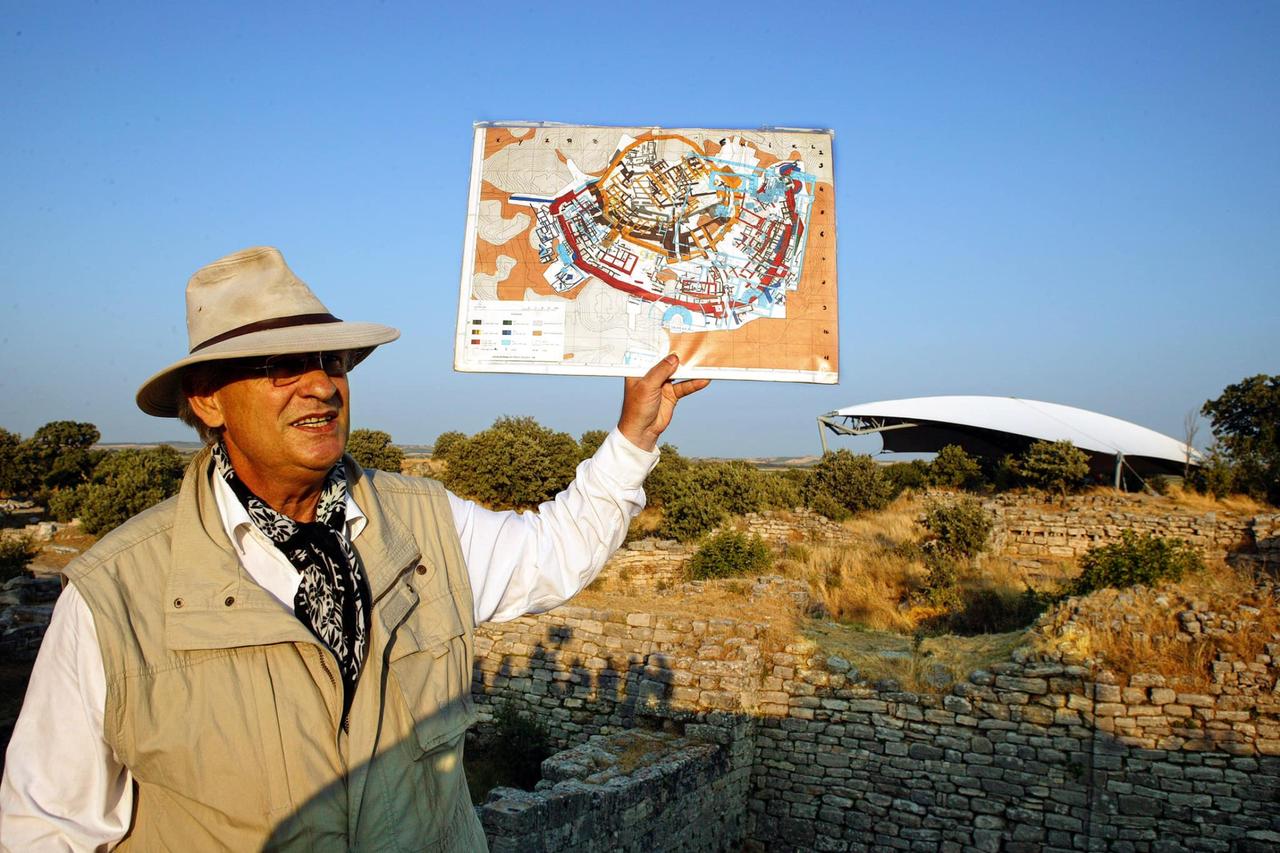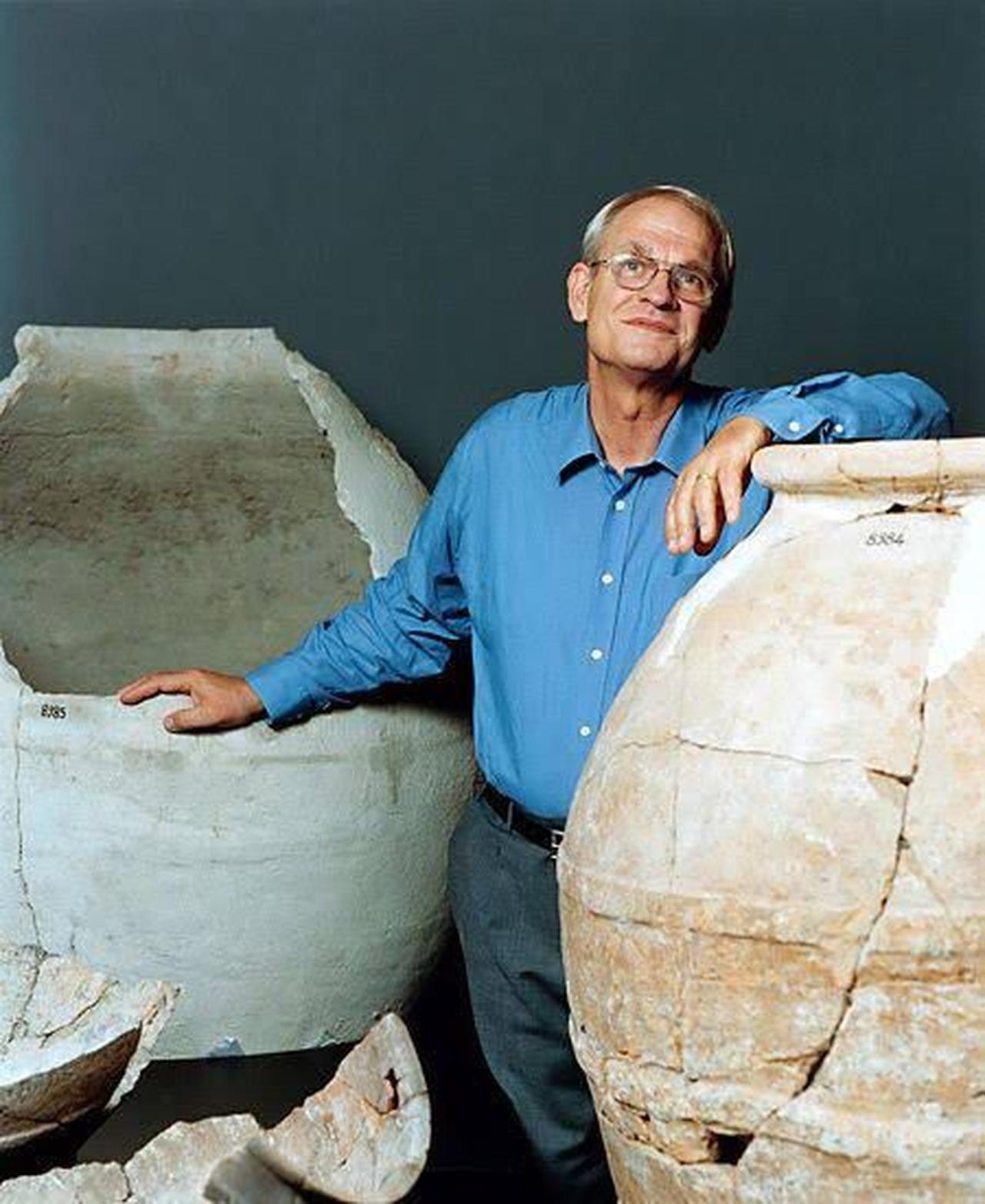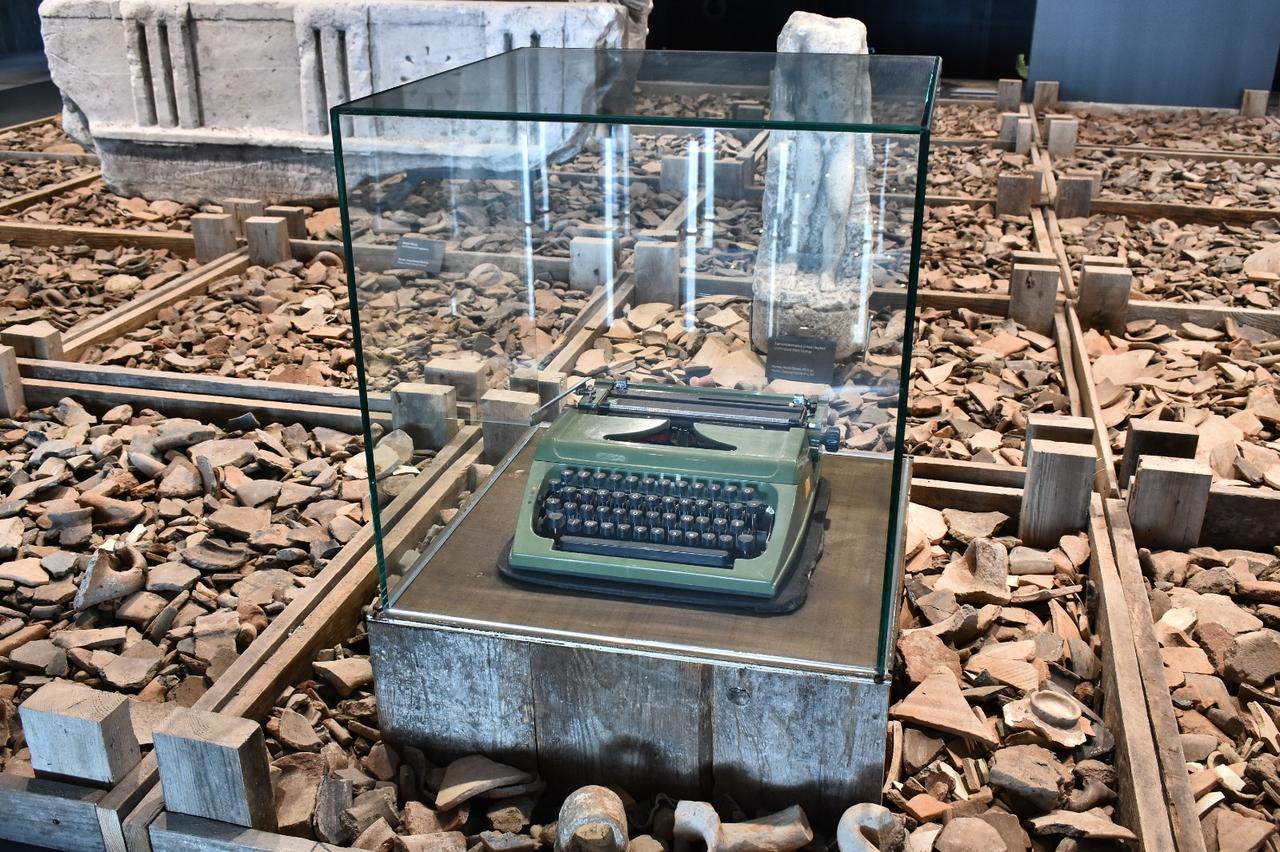
The grave of German archaeologist Manfred Osman Korfmann, long known as the driving force behind the Troy excavations in northwestern Türkiye, is at risk of removal in his hometown of Ofterdingen after the 20-year use period on his burial plot expired. According to Hurriyet from Türkiye, local officials and scholars in Canakkale have moved to seek an extension or, if necessary, to bring his remains to Türkiye in line with his stated wish.
Born in Ofterdingen in 1942, Korfmann devoted his career to Troy and forged close ties with the people of Canakkale. Residents embraced him and later granted him the title of “honorary citizen” (a symbolic municipal distinction).
He championed efforts that supported Troy’s recognition, including pushes tied to national park status, UNESCO World Heritage listing, and the establishment of the Troy Museum. He died in 2005.

In his final months, Korfmann attended a funeral in Yenikoy and told the village imam: “When I die, bury me here like this.” After his death, his family opted for burial in Germany, citing the difficulty of visiting a grave in Türkiye.
Supporters in Canakkale say the current moment is about more than a burial plot and reflects a question of belonging.
According to local practice described by his colleagues, Ofterdingen ends grave-use rights after 20 years unless families continue to pay a lease and maintenance fees; renewal can be extended at the mayor’s discretion.
Korfmann’s former student and the current head of the Troy excavations, Professor Rustem Arslan, spoke to Hurriyet, said the team has initiated legal steps to extend the term and, if that fails, aims to transfer the remains to Canakkale.

Canakkale Mayor Muharrem Erkek said the municipality had requested an extension and, should removal go ahead, would seek—with the family’s consent—to relocate the grave to Canakkale in keeping with Korfmann’s wish.
Erkek also wrote to Ofterdingen Mayor Simon Wagner, appealing for an exceptional decision to preserve the grave given Korfmann’s scientific standing and role in building bridges between communities.
On 11 August, the 20th anniversary of Korfmann’s death was marked with a modest ceremony in Canakkale, where attendees learned that the clock on the grave’s use period had run out.
For many in Canakkale, the push to protect or relocate the grave has now become a test of how to honor the archaeologist who helped put Troy back on the world’s map.